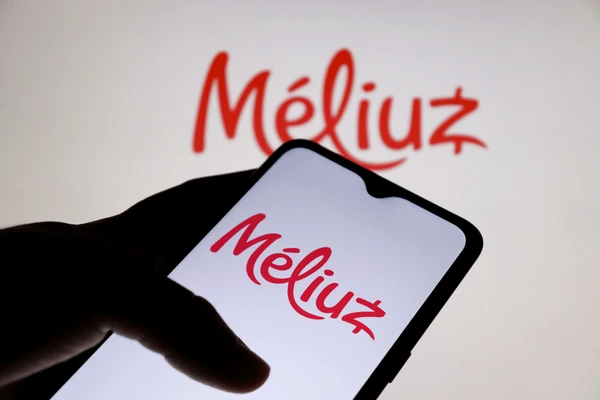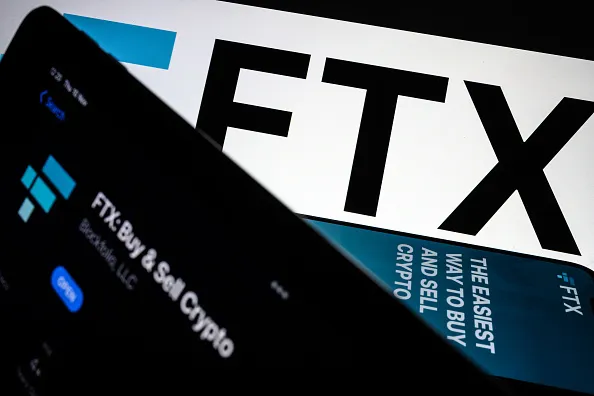The collapsed crypto exchange FTX took a $400 million hit from a slick SIM-swap scam just days after filing for bankruptcy, according to a bombshell indictment unsealed by the U.S. Department of Justice in a Washington federal court.
Bloomberg broke the story, spotlighting three alleged culprits—Robert Powell, Emily Hernandez, and Carter Rohn—who prosecutors say ran a two-year scheme targeting the exchange.
Here’s how it went down: the trio scooped up personal info on their marks, then sweet-talked cell providers into flipping victims’ phone numbers to devices they controlled. Once in, they snagged text messages—including those crucial two-factor authentication codes. The indictment doesn’t name FTX outright, calling it “victim company-1,” but insiders confirmed it’s the infamous exchange.
Prosecutors zero in on November 11, 2022—right as FTX was crumbling. They say Emily Hernandez flashed a fake ID with an FTX employee’s details at AT&T, getting the worker’s phone line swapped to a new SIM. Then Robert Powell, who went by “R$” and “ElSwapo1” online, took the wheel, hammering away at authentication codes to crack FTX’s crypto wallets. The group’s now staring down fraud and identity theft charges.
FTX was already a mess by then, filing for Chapter 11 bankruptcy that same month with an $8 billion hole in its books. Its founder, Sam Bankman-Fried, is in his own legal quagmire, facing up to 100 years behind bars on a laundry list of charges. This SIM-swap twist? It’s just another brutal chapter in FTX’s downfall, showing how fast the vultures swooped in when the exchange hit the skids.





